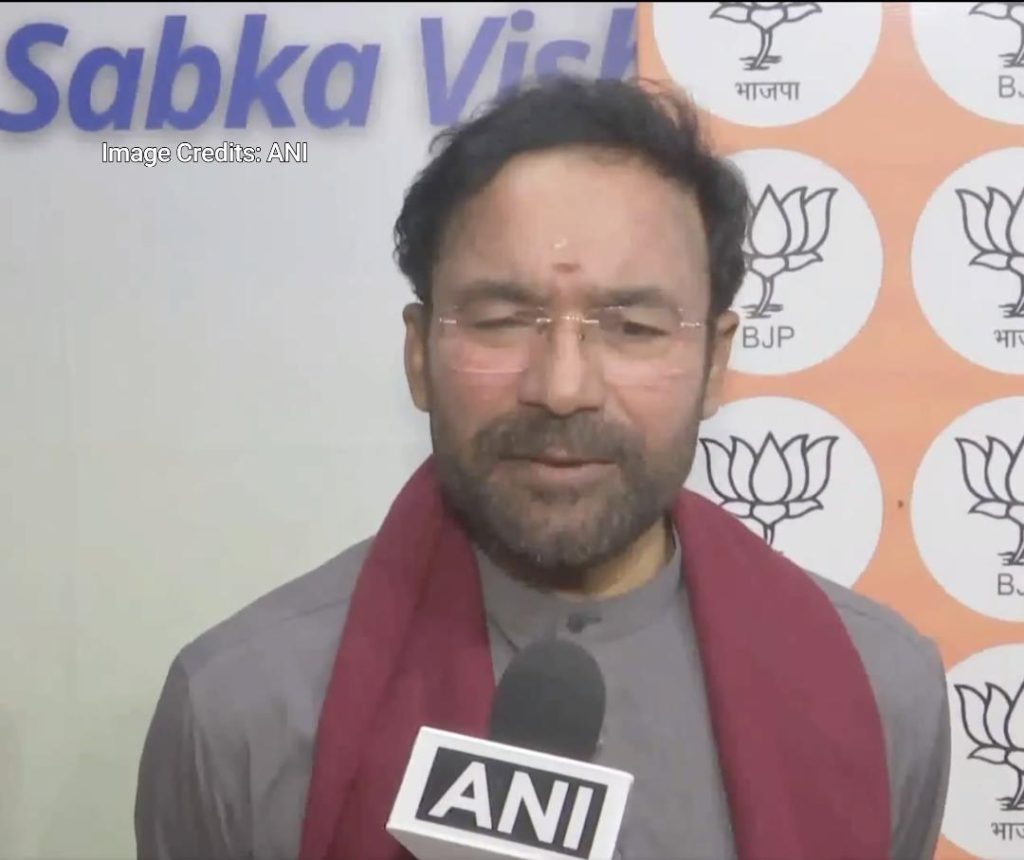
Congress Ruled for 60 Years, Why Didn’t They Do Caste Census?: Reddy
The Indian government’s recent decision to include a caste census in the next general census has sparked a heated debate in the country. Union Minister G Kishan Reddy, while commenting on the matter, has raised a pertinent question – “Congress ruled for 60 years, why did they not do a caste census?” This query has sent shockwaves across the political spectrum, with many questioning the sincerity of the ruling party’s intentions.
The BJP-led government’s decision to include a caste census has been widely welcomed by social and political activists, who have long been advocating for a comprehensive and accurate count of the country’s population based on caste. The move is seen as a significant step towards promoting social justice and equality in the country.
However, the Congress Party has been opposing the move, citing concerns over the feasibility and efficacy of such a census. They have argued that a caste census would be a complex and time-consuming exercise, and that it would not provide accurate or reliable data. The party has also accused the BJP of using the caste census as a political tool to divide the society.
Reddy’s question, however, highlights the hypocrisy of the Congress Party’s stance. If the country’s ruling party for the past 60 years did not deem it necessary to conduct a caste census, why is it now a priority for the BJP? The Congress Party’s silence on this issue is deafening, and their opposition to the caste census appears to be driven more by political expediency than any genuine concern for the welfare of the people.
It is essential to understand that a caste census is not just a statistical exercise; it is a tool to understand the social and economic realities of the country. It provides valuable insights into the distribution of wealth, education, and employment opportunities across different castes and communities. By conducting a caste census, the government can identify areas where social and economic inequalities exist and take targeted measures to address them.
The Congress Party’s opposition to the caste census is particularly ironic given its own track record on social justice and equality. During its 60-year rule, the party failed to address the deep-seated social and economic inequalities that exist in the country. Despite its rhetoric on social justice and equality, the Congress Party did little to promote these values in practice.
In contrast, the BJP-led government has taken several steps to promote social justice and equality in the country. The government has introduced several initiatives aimed at empowering marginalized communities, including the Scheduled Castes (SCs), Scheduled Tribes (STs), and Other Backward Classes (OBCs). The government has also taken steps to promote affirmative action and increase representation of these communities in government and public institutions.
Reddy’s question is a reminder that the BJP-led government is committed to promoting social justice and equality in the country. The government’s decision to include a caste census in the next general census is a significant step towards achieving this goal. It is a recognition that social and economic inequalities are a major challenge facing the country, and that targeted measures are needed to address them.
In conclusion, Reddy’s question is a sharp reminder of the Congress Party’s hypocrisy on the issue of social justice and equality. The party’s opposition to the caste census is driven more by political expediency than any genuine concern for the welfare of the people. In contrast, the BJP-led government is committed to promoting social justice and equality in the country, and its decision to include a caste census in the next general census is a significant step towards achieving this goal.






